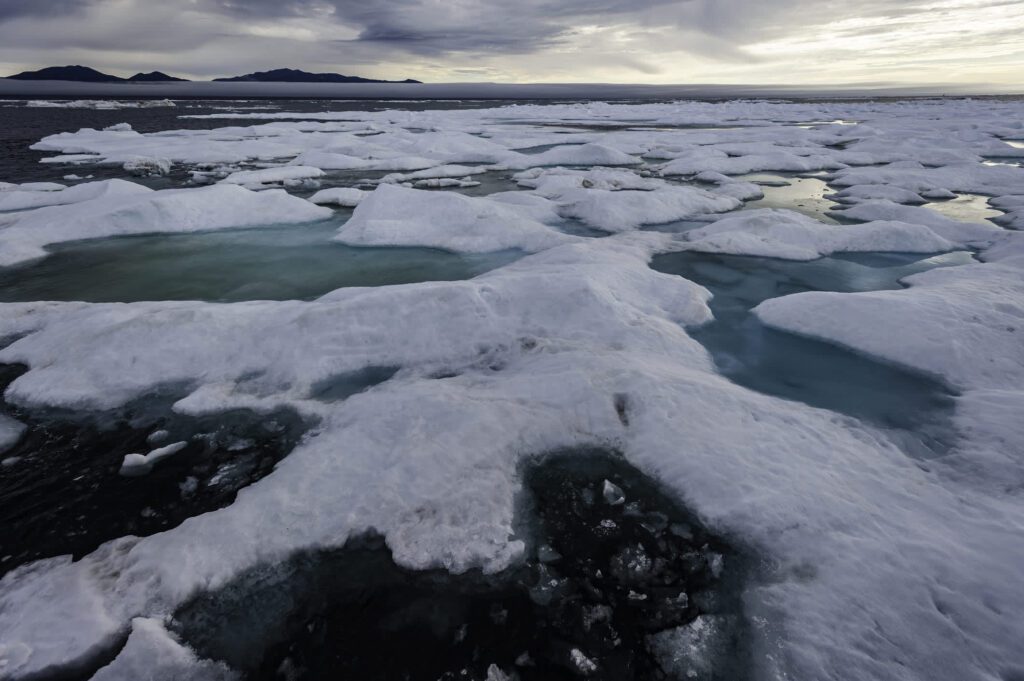Recent research highlights the effects of warm Atlantic waters moving into the Arctic Circle—a phenomenon known as aggregation—that is contributing to increased temperatures, salinity, and accelerated sea ice melting. A February study by an international team of scientists has raised alarms about the significant climatological impacts from this warm water influx, particularly in the eastern Arctic Ocean near Siberia, where winter ventilation has led to a 2% increase in sea ice loss compared to previous decades.
The study indicates that nutrient-rich warm waters are affecting the ecological balance in the Arctic, prompting concerns about feedback loops related to ice albedo and further ice reduction. This year marked the Arctic’s second-lowest sea ice extent in January and a record low in February, raising fears of potential ice-free conditions within three years. The loss of sea ice, which plays a vital role in reflecting sunlight and keeping the planet cool, is part of a broader trend impacting global sea ice levels, including record low Antarctic ice.
Efforts to address sea ice loss include innovative proposals like those from Dutch startup Arctic Reflections, which aims to strengthen existing ice through water pumping methods. However, experts stress the urgent need for broader actions to combat carbon emissions and climate change, alongside advocacy and donations to climate initiatives.
Source link


